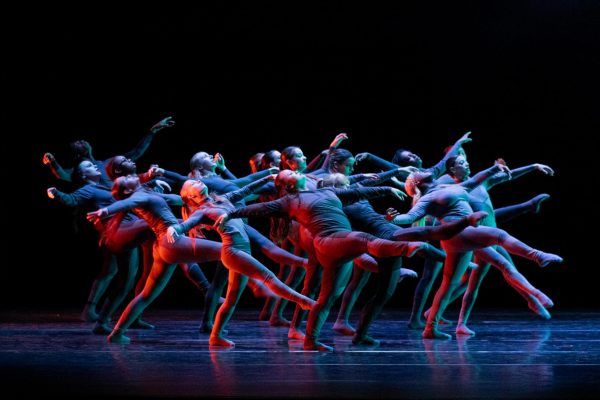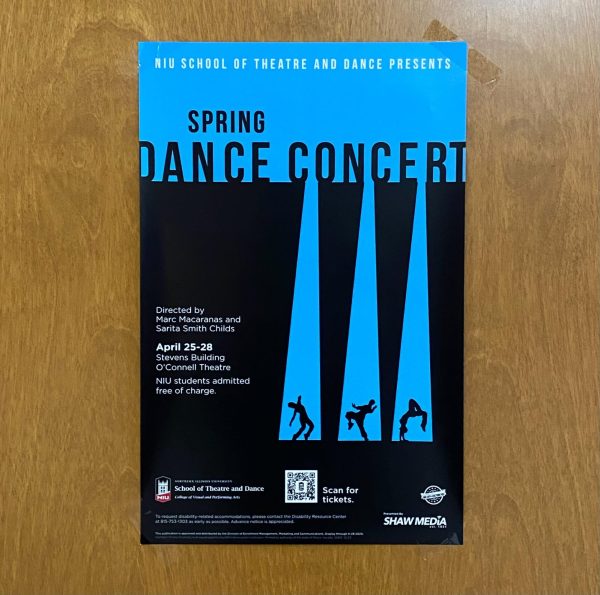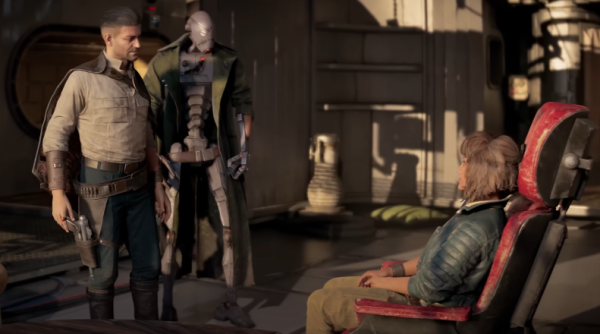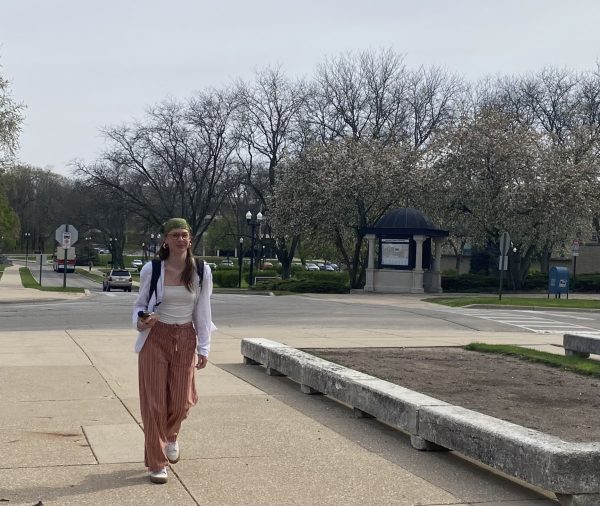“1917” ends 2019 with an epic tale
January 24, 2020
Acclaimed director Sam Mendes and the modern day great cinematographer Roger Deakins ended 2019 on an epic and emotional note with their ultra realistic World War I film “1917.”
Mendes helms the true story based on the events his own grandfather experienced in World War I. The film’s characters are tasked to cross no man’s land to deliver a message on the western front of France. The goal is to stop another battalion from commencing their attack on the Germans that is actually a trap.
Besides one cut to complete black in the middle of the film, “1917” is shot as one contiuous take. According to an interview from Variety, director Mendes wanted to make a “ticking-clock thriller.” The camera never leaves our main characters Lance Corporal Blake and Lance Corporal Schofield. The immaculate and realistic production design, paired with constant camera movement fixated on the characters, captures the harsh and daunting realities of war andtraps the audience in a secluded box of emotion.
The task of shooting “1917” in one long take has been the major talk surrounding this film since the first trailer was dropped. Even with all the hype behind that aspect of the film, it still manages to blow away the viewers at every corner. Traversing towards the western front of France on the tail of the fleeing Germans, every sequence turns out to be a game of life and death for the characters. The feeling that someone is always watching never escapes the tone of the film. From its quiet and somber start to its climactic and touching finale, Mendes and Deakins prove how great their filmmaking bond translates effortlessly to the big screen.
The task of accomplishing the continuous take by Deakins and Mendes is impressive no matter what, but the performances within the frame are what elevate that aspect of the film to even higher heights. “1917” stars Dean-Charles Chapman, who plays Lance Corporal Blake, and George MacKay, who plays Lance Corporal Schofield. The responsibility of living up to the goals of the film was no easy task. Chapman and MacKay conquer their performances with emotional potency and the intensity required to carry the stakes of their mission throughout the entire runtime. The most magnificent performance was MacKay’s, which rightfully deserved recognition at this year’s Oscars despite not being nominated.
The only drawback that “1917” has is its musical score, composed by Thomas Newman. At most points, it feels generic and ultimately lacking a lot of the emotional weight the film carries. Then, at other times, it’s very grand in scale and engulfs the viewer within its orchestration.
“1917” is an intense and psychological ride that highlights the terror of war in real time while also being a stunning achievement when it comes to the directing and cinematography. This film could very well win big at the Oscars with 10 nominations, including nominations in big categories like best picture, best director, best score and best cinematography.











